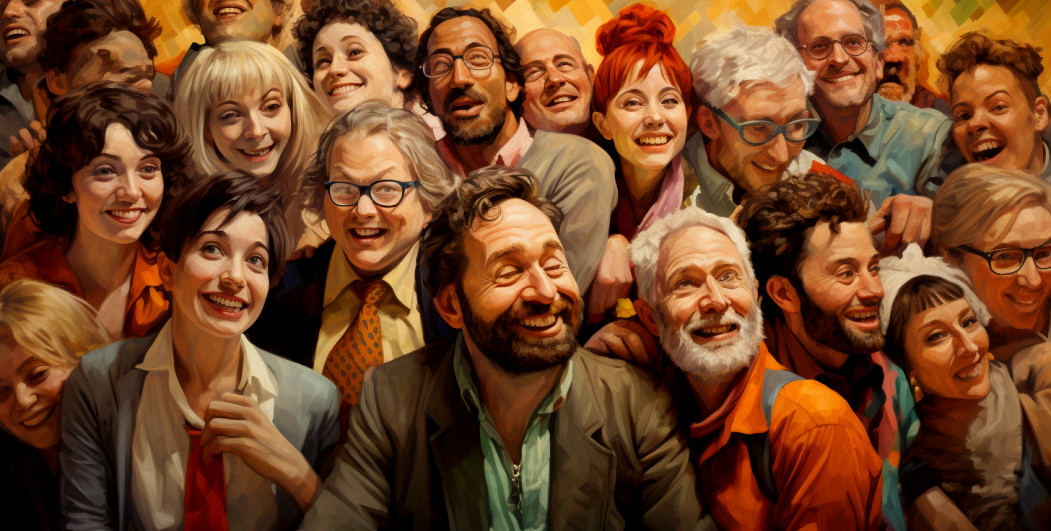What does it mean to be human? This question has perplexed philosophers, scientists, and thinkers for centuries. While there is no single answer that can fully encapsulate the complexity of human existence, we can explore the fundamental aspects that define our humanity. From our capacity for empathy and creativity to our quest for meaning and connection, being human is a rich tapestry of experiences and qualities that set us apart from all other species on Earth.
- Consciousness and Self-Awareness
At the heart of our humanity lies our remarkable consciousness and self-awareness. Humans possess the unique ability to reflect upon their own existence, to ponder the past and plan for the future, and to consider abstract concepts like morality and purpose. This self-awareness allows us to question, explore, and understand the world around us, as well as our place within it.
- Emotions and Empathy
Emotions are a fundamental part of what it means to be human. We experience a wide range of emotions, from joy and love to sadness and anger. These emotions shape our relationships, our decisions, and our perception of the world. Moreover, our capacity for empathy sets us apart. We can not only feel our own emotions but also understand and share in the emotions of others. This empathy fosters bonds and connections, forming the basis for compassion and cooperation.
- Creativity and Innovation
Human creativity knows no bounds. We have the ability to imagine, invent, and create, producing art, music, literature, technology, and much more. This drive to innovate has led to the development of societies and civilizations, shaping the world in countless ways. Our creativity is not limited to practical inventions; it also encompasses the expression of our innermost thoughts, feelings, and experiences through various forms of artistic expression.
- Language and Communication
Language is a defining characteristic of humanity. We communicate not only to convey information but also to share stories, express ideas, and connect with others on a profound level. Our capacity for language allows us to transmit knowledge across generations, enabling us to build upon the wisdom and discoveries of those who came before us.
- Morality and Ethics
Humans possess an innate sense of morality and ethics. We grapple with questions of right and wrong, and we have developed complex systems of moral philosophy and ethical codes to guide our behaviour. This moral compass helps us navigate the complexities of life, make difficult decisions, and build just and compassionate societies.
- Quest for Meaning and Purpose
One of the most profound aspects of being human is our relentless quest for meaning and purpose. We seek to understand the meaning of life, the universe, and our individual existence. This pursuit drives us to explore religion, philosophy, science, and the arts, all in an effort to find answers that give our lives significance and direction.
- Connection and Community
Humans are inherently social beings. We thrive on connections with others and form intricate webs of relationships, from families and friendships to communities and nations. These connections provide support, belonging, and a sense of identity, and they play a crucial role in our emotional and psychological well-being.
Conclusion
To be human is to be endowed with consciousness, emotions, creativity, and the capacity for empathy, language, morality, and a relentless pursuit of meaning and connection. It is a complex and multifaceted identity that encompasses the entirety of our existence. While the specifics of what it means to be human may vary from person to person and culture to culture, these fundamental qualities unite us all. Our humanity is what it is but also a remarkable gift, and it is through our shared experiences and aspirations that we can better understand and appreciate the essence of what it means to be truly human.
